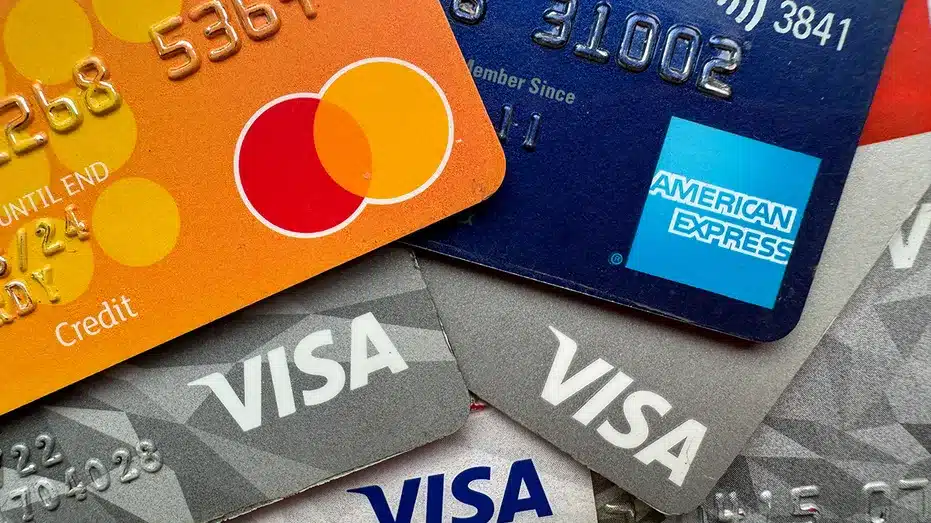Best 7 Alternatives to Credit Card Cashing You Should Try
Credit card cashing, or converting your available credit into instant cash, often comes with high fees, interest charges, and potential financial risks. While it might seem like a quick fix, relying on cash advances or third-party cashing methods can trap you in a cycle of debt. Fortunately, there are safer and smarter alternatives that can provide the funds you need without the heavy penalties. In this article, we’ll explore the best 7 alternatives to credit card cashing you should try if you’re looking for better options to manage your finances.
1. Personal Loans
Instead of withdrawing money through 신용카드현금화95, applying for a personal loan is often a more cost-effective choice. Banks, credit unions, and online lenders provide personal loans with fixed interest rates, which are usually lower than the cash advance fees on credit cards. You also get predictable monthly payments, helping you manage your budget more efficiently.
2. Peer-to-Peer Lending Platforms
Peer-to-peer (P2P) lending is another innovative way to borrow money without traditional banks. Platforms like LendingClub or Prosper connect borrowers directly with individual investors. Interest rates are often more competitive, and approval can be faster than a conventional loan. For those with decent credit, this is a strong alternative to expensive cash advances.
3. Overdraft Protection from Your Bank
If you need quick access to funds, consider using overdraft protection linked to your checking account. Instead of declining transactions when your balance runs out, the bank covers them up to a set limit. While there may still be fees, they are usually less expensive than credit card cash advances, and repayment is tied to your bank account rather than revolving credit.
4. Paycheck Advances from Employers
Some employers now offer paycheck advance programs, allowing employees to access a portion of their earned wages before payday. This is not a loan but rather an early withdrawal of money you’ve already earned. Services like Earnin or FlexWage provide similar solutions. Unlike credit card cashing, paycheck advances come with little to no interest or fees, making them a safer short-term solution.
5. Installment Payment Apps (Buy Now, Pay Later Services)
Instead of cashing out credit, you could use installment payment apps such as Afterpay, Klarna, or Affirm. These services allow you to split a purchase into smaller, interest-free payments. This eliminates the need to withdraw cash while still giving you the flexibility to manage your budget. For people who use credit cards to cover large purchases, this can be a convenient and less expensive option.
6. Borrowing Against Savings or Investments
If you have a savings account, fixed deposit, or even certain investment portfolios, many financial institutions allow you to borrow against them. For example, a secured loan against your savings account or a margin loan against your investments often comes with very low interest rates. Unlike credit card cashing, this doesn’t put you in high-interest debt, and repayment terms are usually more flexible.
7. Community-Based Lending and Credit Unions
Credit unions and local community-based lending groups typically provide more borrower-friendly terms than big banks. They focus on supporting their members, so you’ll often find lower interest rates, smaller fees, and more flexible repayment schedules. If you need emergency funds, joining a credit union could give you access to short-term loans that are far safer than cashing out your credit card.
Final Thoughts While 카드 현금화 may seem like the fastest way to get cash, it’s also one of the most expensive and risky financial moves you can make. By exploring these seven alternatives—personal loans, P2P lending, overdraft protection, paycheck advances, installment apps, secured loans, and community-based lending—you can find safer, more sustainable solutions for your financial needs. Each of these options helps you avoid the traps of high interest, hidden charges, and long-term debt, putting you on a path toward better money management.







